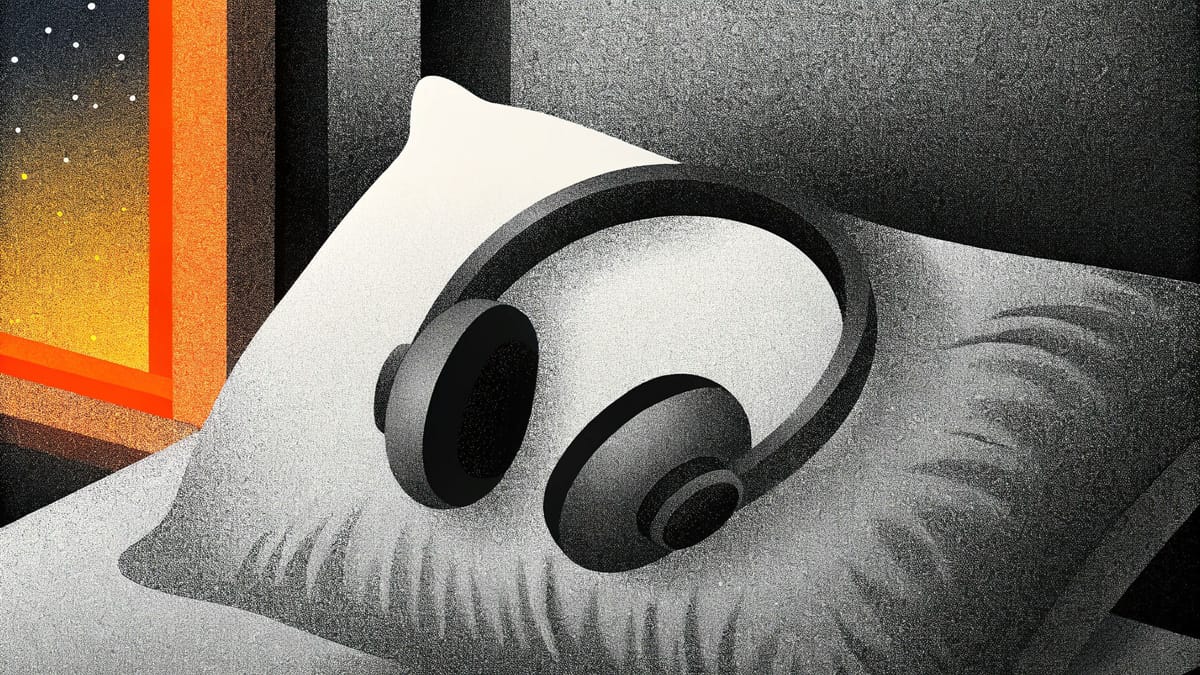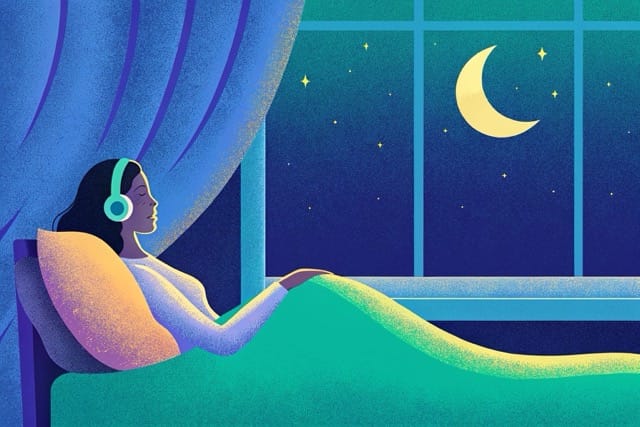Are Audio Bedtime Stories Better Than Guided Meditation for Sleep
Discover how audio bedtime stories might offer a more engaging and relaxing alternative to traditional guided meditation, helping you drift into a deeper, more restorative sleep with innovative Dreamland Tapes solutions.

Struggling to fall asleep at night can feel like an endless battle. Have you ever wondered if audio bedtime stories or guided meditation could hold the answer to better rest? Let’s explore and compare these two soothing methods to see which might help you reclaim peaceful slumber.

How Bedtime Stories Help Quiet The Mind
Audio bedtime stories can be an excellent way to distract yourself from the swirling thoughts that often keep you awake. By immersing yourself in a calm narrative, your focus shifts away from stressors of the day. This gentle engagement allows your mind to relax without overstimulating it, making it easier to drift off.
Many bedtime stories also include ambient sounds such as rainfall, ocean waves, or soft music. These soothing effects aren’t just pleasant—they actively help to quiet other senses, reducing overall sensory input and creating an ideal sleep environment. This pairing of gentle storytelling and calming sounds makes bedtime stories particularly effective for people who need just enough cognitive engagement to break free from racing thoughts.
What makes bedtime stories even more special is their connection to childhood memories. For many, being read to as children evokes feelings of comfort, security, and relaxation. Listening to an audio story can recreate that cozy atmosphere, making it easier for both your mind and body to unwind.
The Focused Approach Of Guided Meditation
In contrast to bedtime stories, guided meditation fosters relaxation through focus and intention. It encourages you to pay attention to your breath, body sensations, or calming mental imagery rather than following a narrative. This practice is designed to clear the clutter from your mind and promote deep relaxation.
The voice guiding a meditation session often maintains a calm and steady pace. This consistent tone, paired with structured breathing exercises, helps slow your heart rate and relax your muscles. Unlike bedtime stories, which actively engage the brain with content, guided meditation works toward emptying the mind and reconnecting you with the present moment.
Guided meditation also stands out because it’s a skill that transcends bedtime. Many techniques learned through meditation—such as mindful breathing or body scans—can be applied during the day to manage stress. This can have an overall positive effect on your sleep, as reduced daytime stress often translates to better rest at night.
Scientific Research And Evidence For Better Sleep
If we look at scientific evidence, both bedtime stories and guided meditation have demonstrated potential for improving sleep quality. However, meditation is the more extensively researched method with numerous studies supporting its effectiveness in combating insomnia and reducing anxiety. Techniques like mindfulness meditation have consistently shown benefits for helping individuals fall asleep faster and improve sleep duration.
On the other hand, audio bedtime stories are a relatively newer addition to sleep-oriented audio tools, and research in this area is still growing. While robust scientific backing may not yet rival that of meditation, anecdotal evidence and rising popularity suggest that bedtime stories can be particularly effective for certain individuals, especially those who prefer a less structured approach to relaxation.

How Sensory Engagement Plays A Role
The way audio bedtime stories and guided meditation engage your senses is also worth comparing. Bedtime stories often rely on a mix of soothing sounds, descriptive language, and slow-paced narrations to calm the mind. This combination helps pull your focus away from external distractions, making it easier to zone out and unwind.
Guided meditation, on the other hand, focuses less on multi-sensory engagement and more on internal awareness. It emphasizes slow, even breathing, bodily relaxation, and sometimes incorporates visualization techniques. While both methods aim to induce relaxation, their sensory approaches are quite different, leaving the decision dependent on your personal preferences.
Personal Preference And Individual Needs
Ultimately, the choice between bedtime stories and guided meditation boils down to what works best for you. Some people find the gentle focus offered by a story to be soothing and nostalgic, while others prefer the intentional calm that meditation brings. Experimenting with both can be helpful in understanding which method aligns better with your sleep needs and personality.
It’s also important to note that consistency matters. Whether you prefer bedtime stories or guided meditation, incorporating one or both into a regular nightly routine can maximize their effectiveness. Whichever you choose, pairing it with other healthy sleep habits—like maintaining a consistent bedtime, minimizing screen time, and ensuring your sleeping environment is optimal—will lead to better long-term results.
Versatility Beyond Sleep Benefits
While bedtime stories are primarily designed to help with sleep, guided meditation offers more versatility. The techniques you learn in meditation can be applied during the day to manage stress, lower anxiety, or find moments of calm in stressful situations. This added benefit makes meditation a valuable practice for overall mental wellness, which in turn supports a more restful sleep cycle.
Key Takeaways
- Audio bedtime stories provide gentle distraction, evoke comforting childhood memories, and often include soothing sounds to engage your senses and relax your mind.
- Guided meditation focuses on intentional relaxation through breathing and mindfulness techniques and has stronger scientific evidence supporting its effectiveness for improving sleep.
- Choosing between bedtime stories and guided meditation is a matter of personal preference, but both can greatly enhance sleep quality when used consistently.